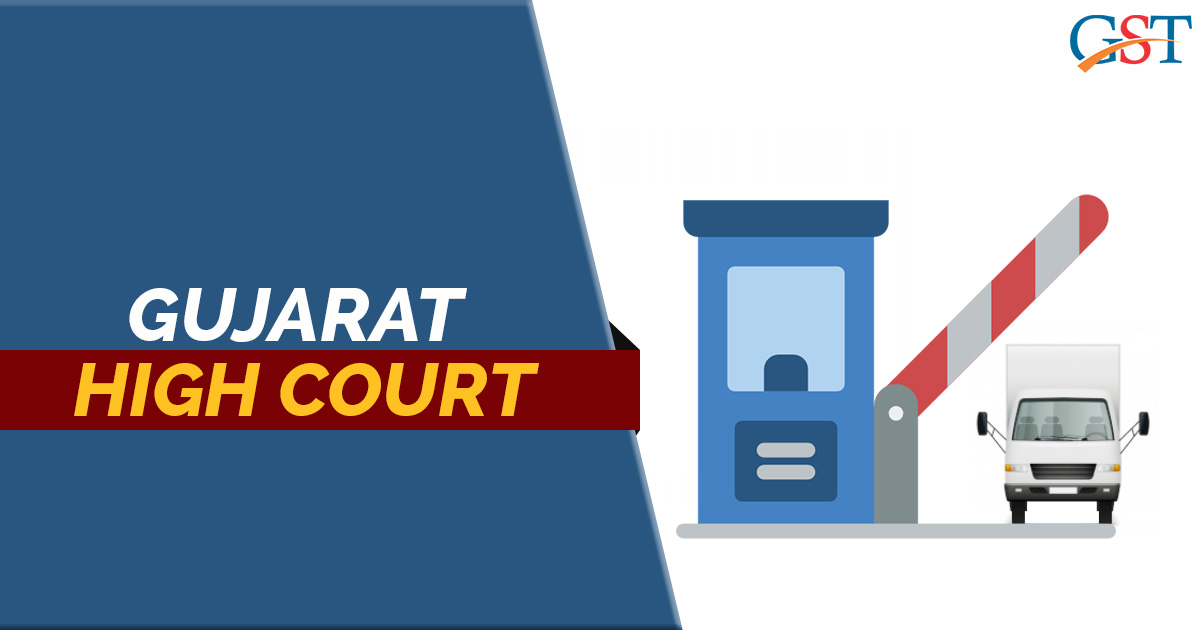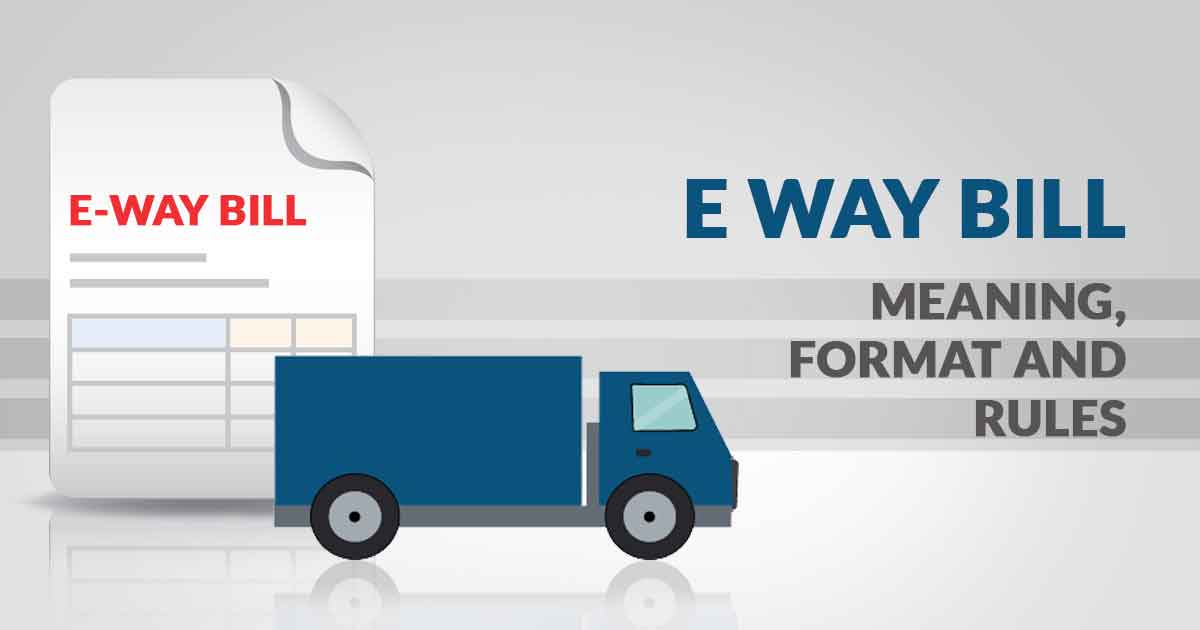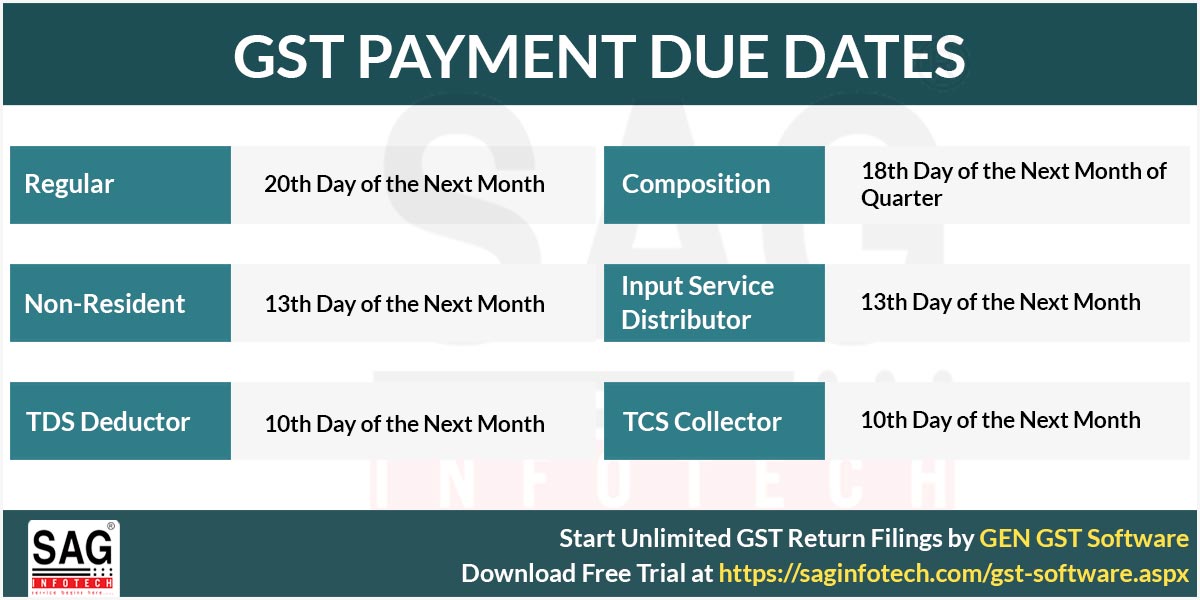
Gujarat High Court in its latest verdict commanded the GST department to release all the consignments that were seized for not carrying GST E-Way bill 
The court was in the favor saying that to issue the notice of seizure under section 130 of the GST Act based on mere suspicion is not eligible for any action under section 130. The court said the same verdict for two such issues having a similar appeal.
The Issues Were:
- The proceedings of the confiscation (u/s 130) are directly applicable without even considering section 129 of the CGST Act before?
- The proceedings u/s 130 of the CGST Act is required even after the procedures u/s 129 are done? Amount depicted in section 129 is paid by the assessee.
- Is it valid to seize the consignments u/s 130 of CGST Act once they are declared clear u/s 129 of CGST Act on payment of tax and penalty

In the hearing on Synergy Fertichem Pvt.Ltd V/s. The state of Gujarat, the court headed by Justices J.B. Pardiwala and A.C. Rao gave the verdict that “On the interpretation of Sections 129 and 130, the Court held that both the sections start with a non-obstante clause, yet, the harmonious reading of the two sections, keeping in mind the object and purpose behind the enactment thereof, would indicate that they are independent of each other.”. It was even discussed earlier that the Government needs to stress the provisions of both the sections (129 and 130 of CGST Act) so that there are no irregularities in the applicability of both the sets of provisions.








